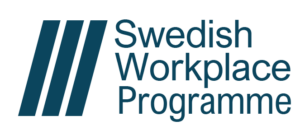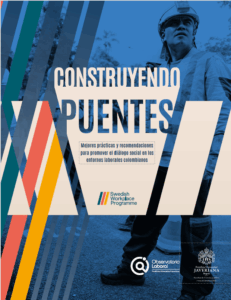Workplaces in the context of poverty reduction
Despite recent years of economic growth in many developing countries poverty and inequality remains widespread and the gap between low-income and high-income earners keeps on increasing by the year. Challenges such as political instability, bad governance, weak institutions, high unemployment and climate change and lack of respect for fundamental rights and lack of implementation of the ILS, heavily impact societies on an individual, social and economic level. According to the ILO, 600 million new jobs need to be created by 2030 to keep pace with the growth of the global working age population. New jobs that need to be decent and sustainable to avoid the growing number of working poor.
Conditions also need to improve for the 780 million women and men that earn below USD 2 per day so that they can lift themselves and their families out of poverty – demonstrating that having a job does not guarantee the ability to escape from poverty. Globally, 61 percent of all workers were engaged in informal employment in 2016, excluding the agricultural sector, where 51 percent of all workers fell into this employment category. The informal sector is undesirable given its detrimental effects to achieve social goals as well as the availability of public goods (a smaller tax revenue hampers investment in new public goods) and unfair competition between law compliant firms and informal ones. Just as the formalisation of jobs are imperative so is the prevention of the informalization of formal economy jobs and the promotion, preservation and sustainability of enterprises and decent jobs in the formal economy. Indicating the importance of working with and supporting the formalisation of the informal economy.
The role of the private sector
While still a contributor to many of the global challenges, the private sector is also the main driver of the shift towards sustainability and an essential component in the alleviation of poverty. The private sector is the main creator of jobs and economic growth. On average, the private sector accounts for 60 percent of gross domestic product, 80 percent of capital flows and 90 percent of jobs in developing countries. The private sector also takes lead in the fast-technical shift. Technology and digitalisation call for industrial transformation, change of production modes and new consumption patterns across sectors. Automatisation and electrification will change labour market structures and there is a growing need for developing new skills for management and employees.
At the same time, the business environment is extremely fragile to a number of megatrends and disruptive factors such as new technology, population growth, resource scarcity or global health risks. But, the single most important challenge is a needed paradigm shift off all human activity to become more sustainable due to climate change. The impact of climate change drive other challenges and needs such as food production, migration, urbanisation and conflict. In development markets the impact of these trends is most visible, reducing people’s ability to exercise their rights and access basic services, thus remaining in poverty.
As a result, there is a growing understanding among business leaders that it is not enough for companies to only focus on short-term profits because natural disasters, social unrest or economic disparity can damage the company’s long-term sustainability. The companies that understand the challenges brought on by the megatrends and act will be a step ahead – the starting point being at the workplace.
The Workplace is a starting point
The workplace is thus the starting point to analyse the context of the programme, but workplaces do not operate in a vacuum. Workplaces are impacted by company policies and values, the community in where they are located, the national policies and regulations in where they operate and the global megatrends that surround them. All businesses therefore have an impact and is impacted by its contexts. To remain productive and profitable, the private sector is dependent on fair and functioning rule of law, regulations and institutions. Although democratic governments and states carry the responsibility to uphold these for inclusive growth to take place, companies have the responsibility to protect and remedy when doing business. Especially in markets that are fragile or were institutional frameworks are weak.
To help and guide the private sector in this mission, several global frameworks have been developed that support the development of an inclusive and sustainable business environment.
References
https://www.oecd.org/latin-america/Boosting_Productivity_Inclusive_Growth.pdf
https://www.ilo.org/wcmsp5/groups/public/—dgreports/—dcomm/documents/publication/wcms_626831.pdf




